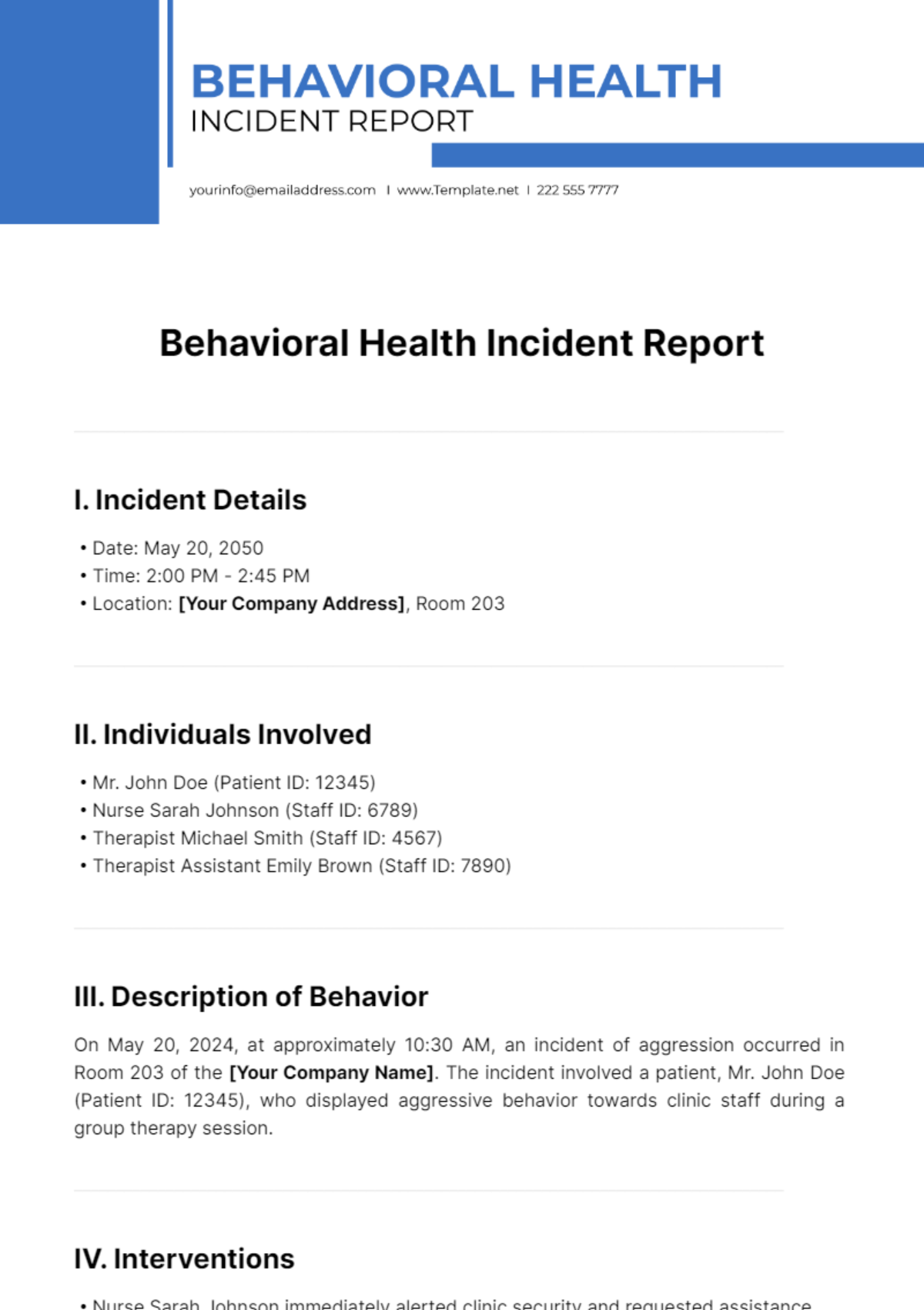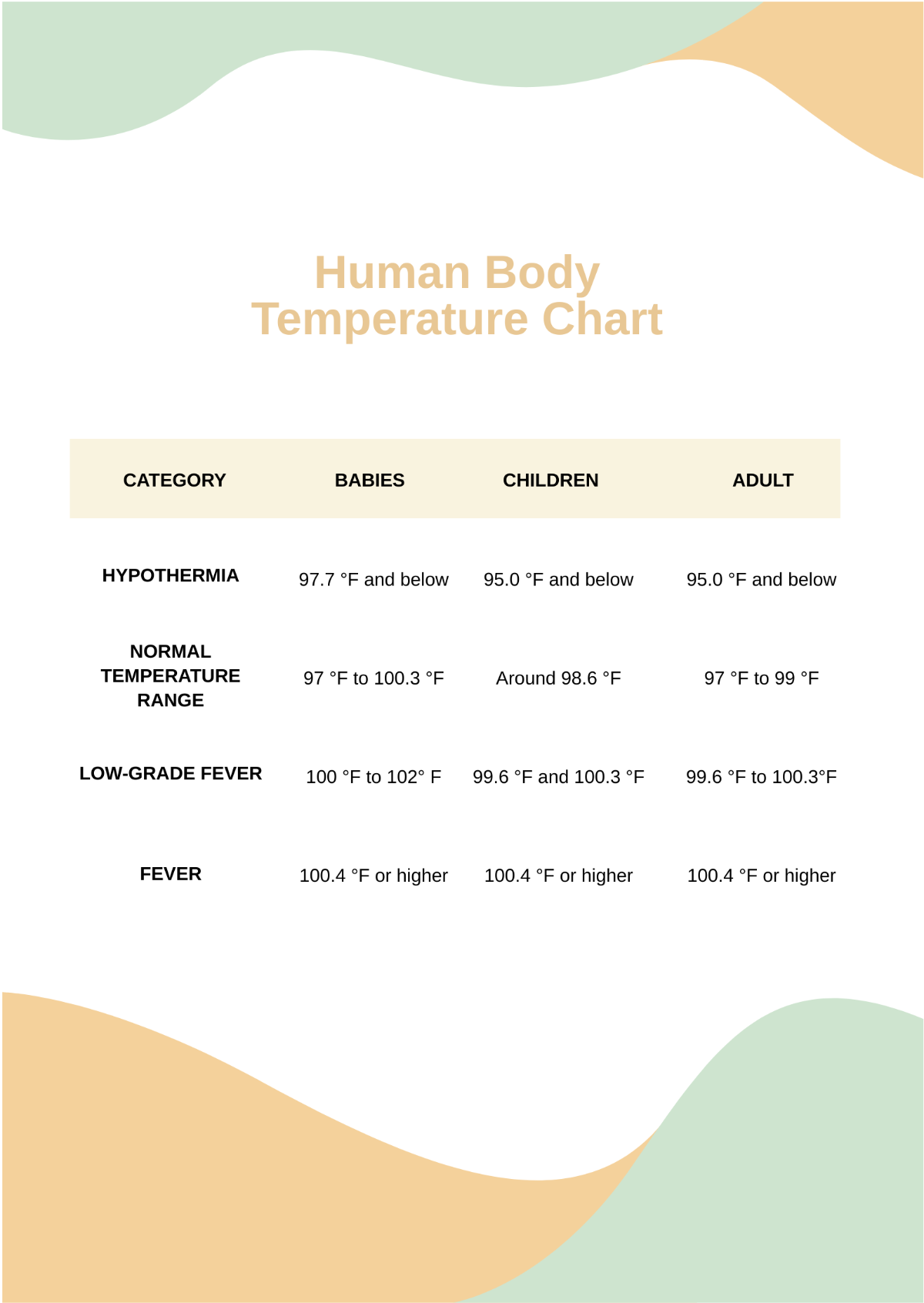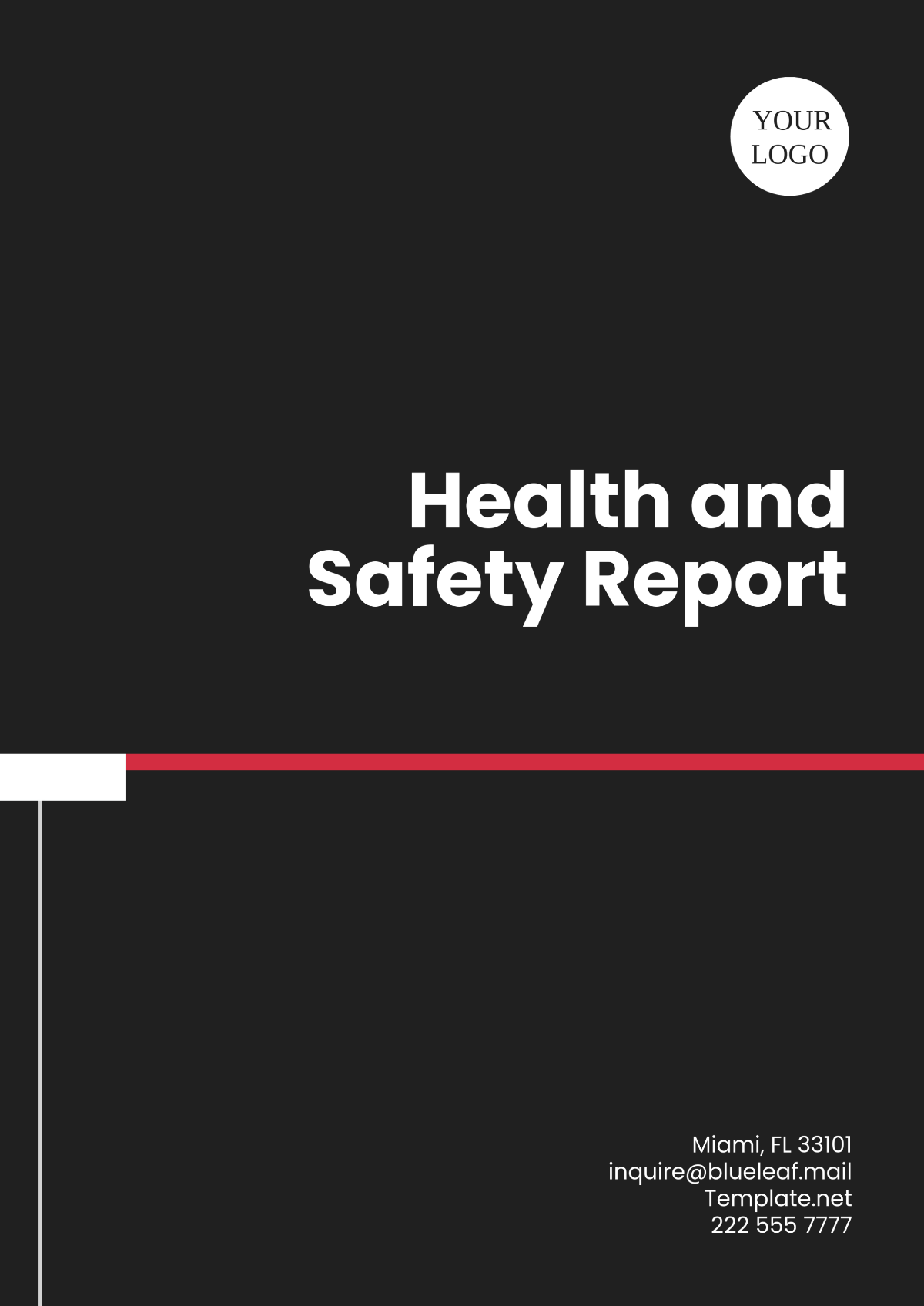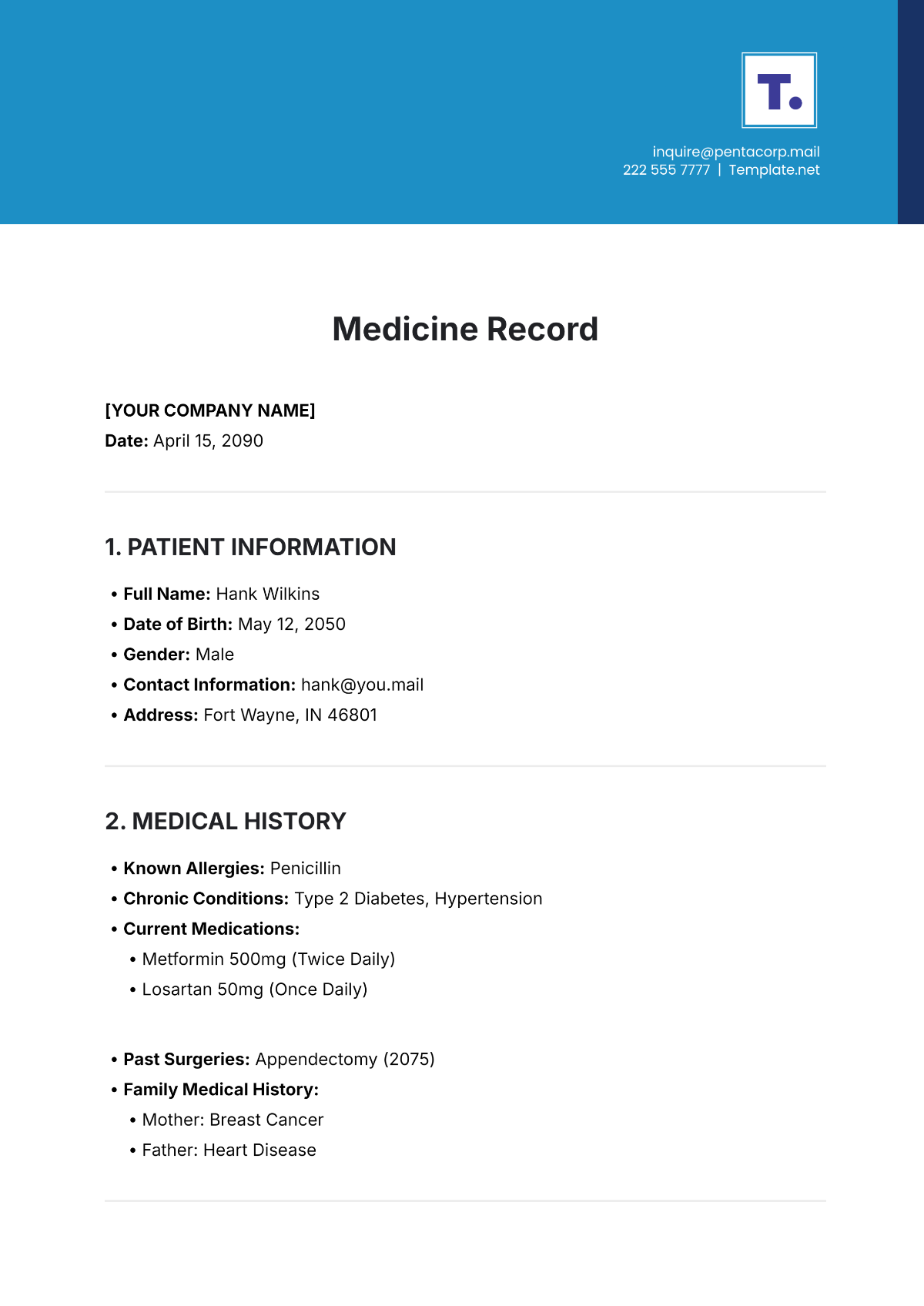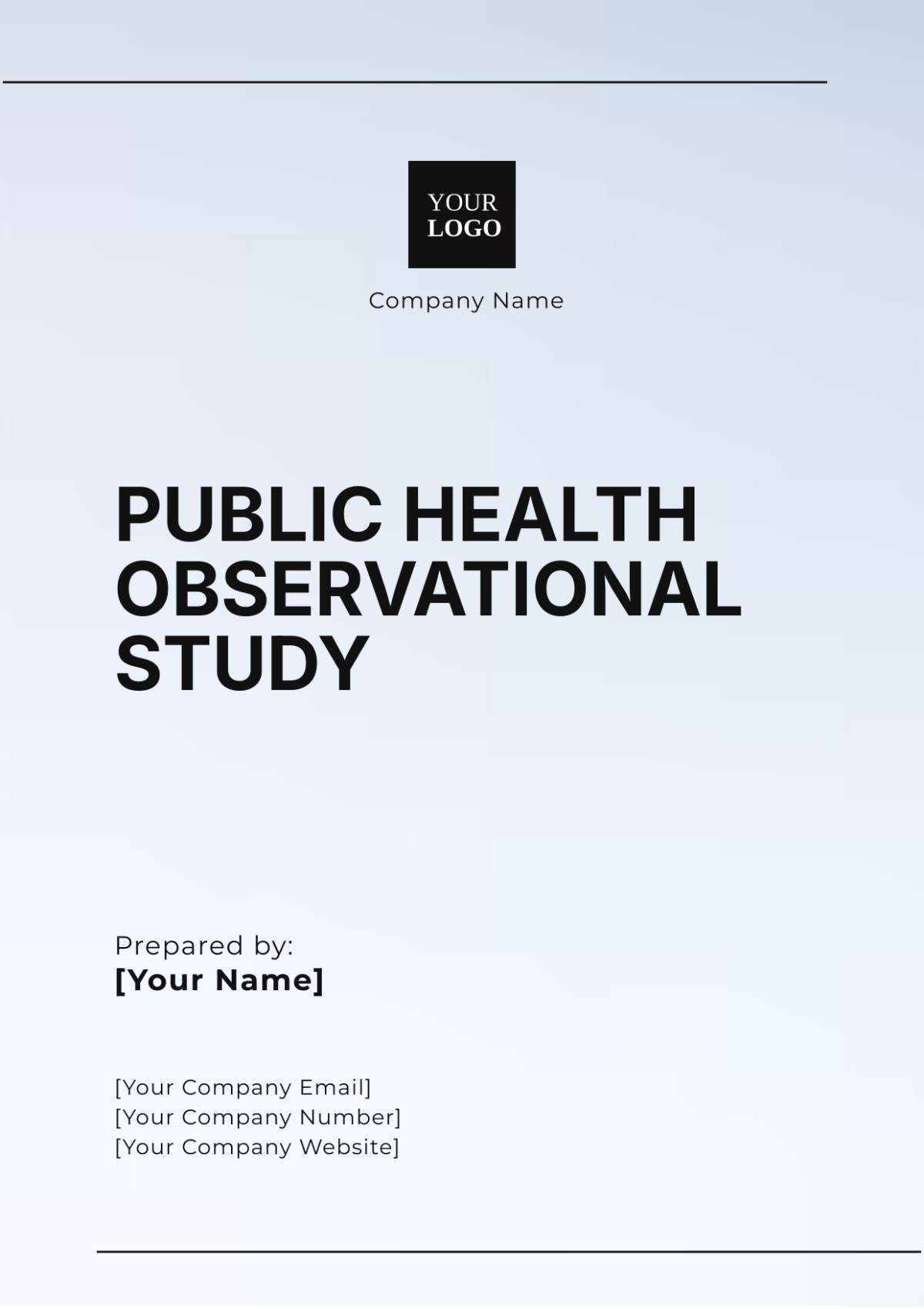Epidemiological Systematic Review
Prepared By: [Your Name]
Abstract
This systematic review aims to synthesize current epidemiological research to provide a comprehensive overview of trends, methods, and findings in the field. By analyzing various studies, this review highlights key patterns, challenges, and future directions in epidemiological research.
Introduction
Epidemiology is the study of how diseases affect populations and the factors that influence their spread and control. This review evaluates the methodologies used in epidemiological studies, summarizes major findings, and discusses their implications for public health.
Methods
Search Strategy
A systematic search was conducted across multiple databases including PubMed, Scopus, and Web of Science. Keywords included "epidemiology," "disease prevalence," "risk factors," and "public health interventions."
Inclusion and Exclusion Criteria
Inclusion Criteria:
Peer-reviewed articles
Published between 2010 and 2023
Focus on human populations
Exclusion Criteria:
Non-English articles
Studies not involving epidemiological methods
Data Extraction
Data were extracted on study design, sample size, outcomes, and key findings. A total of 75 studies were reviewed.
Results
Study Characteristics
The studies reviewed varied widely in design, population, and scope. The following table summarizes the main characteristics of the included studies.
Study Design | Number of Studies | Main Findings |
|---|---|---|
Cross-sectional | 25 | Prevalence of chronic diseases in different populations |
Case-control | 20 | Risk factors for specific diseases |
Cohort | 15 | Longitudinal trends in disease incidence |
Randomized Control Trials | 10 | Effectiveness of public health interventions |
Systematic Reviews | 5 | Meta-analysis of epidemiological data |
Key Findings
Disease Prevalence
Chronic Diseases: Studies indicate a rising prevalence of chronic diseases such as diabetes and cardiovascular diseases, particularly in low and middle-income countries.
Infectious Diseases: There has been a notable decline in some infectious diseases due to vaccination programs and improved sanitation.
Risk Factors
Lifestyle Factors: Obesity, smoking, and lack of physical activity are significant risk factors for many chronic diseases.
Environmental Factors: Exposure to pollutants and poor living conditions contribute to various health issues.
Public Health Interventions
Vaccination: Effective in reducing the incidence of preventable diseases.
Screening Programs: Have improved early detection and treatment of diseases like cancer and diabetes.
Discussion
Trends in Epidemiological Research
Recent research emphasizes the importance of personalized medicine and the role of genetic factors in disease susceptibility. Advances in technology, such as big data and AI, are enhancing the ability to predict and manage disease outbreaks.
Challenges
Data Quality: Variability in data collection methods and reporting standards can affect the reliability of results.
Health Inequities: Disparities in health outcomes between different population groups remain a significant concern.
Future Directions
Integration of Genomics: Understanding genetic predispositions can lead to more effective interventions.
Global Collaboration: Enhancing international cooperation can improve the quality and applicability of epidemiological research.
Conclusion
This systematic review highlights the breadth of epidemiological research and its impact on public health. While significant progress has been made, ongoing challenges and emerging trends necessitate continued research and adaptation of methods.


